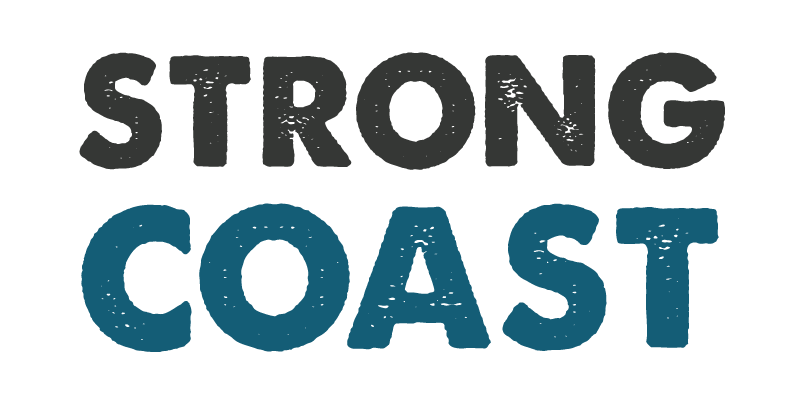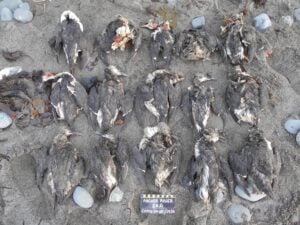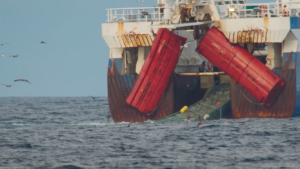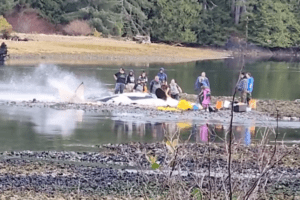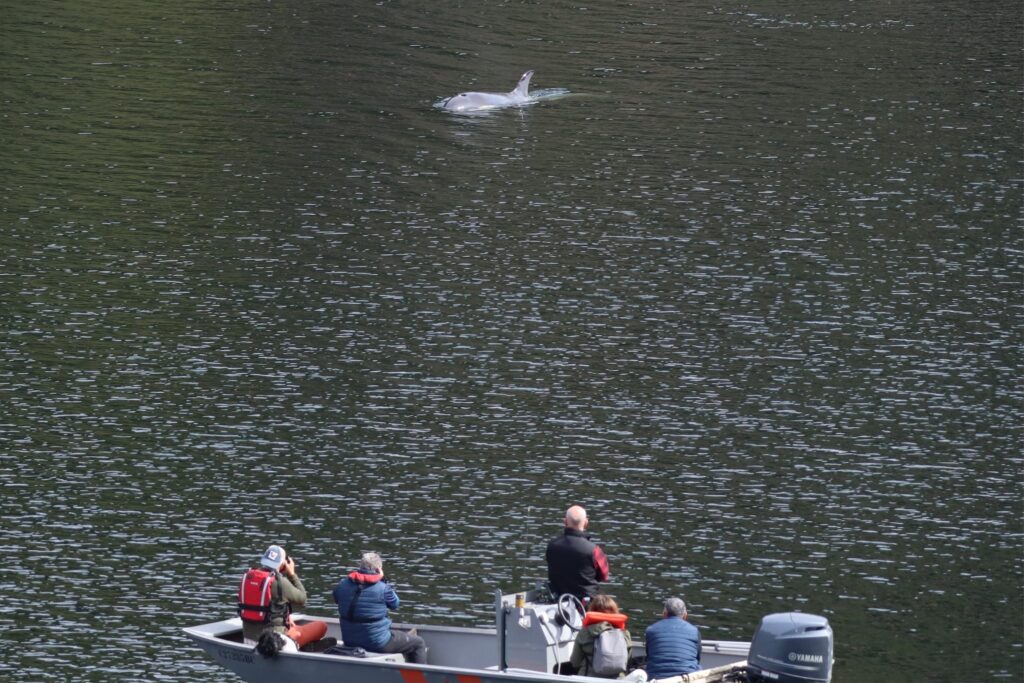
Jeff Foster, a 68-year-old American with a storied career transitioning from an orca catcher to a rescuer and rehabilitation expert, recently offered guidance to Canadian officials on how to handle a stranded young orca in the Zeballos lagoon on Vancouver Island.
The female calf, named kwiisahi?is, meaning “Brave Little Hunter”, has been trapped for over three weeks. Foster emphasized the importance of building rapport with the orca, without letting it become overly attached to human rescuers. Drawing on his experience, Foster suggested using familiar objects to the whale, such as a play stick, to coax it closer and enable a low-stress capture.
Foster offered to assist with the rescue of kwiisahi?is but has not heard back from the Canadian Department of Fisheries or the Vancouver Aquarium. He believes they prefer to manage the rescue independently, a decision he respects but remains eager to support if called upon.
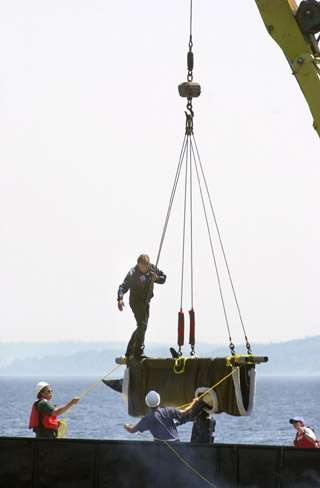
The first attempt to rescue the orca failed when it evaded capture in shallow waters, leading the rescue team to consider new strategies, possibly involving deeper waters within the lagoon. Foster shared that the young orca might be afraid to leave the lagoon, particularly if it associates the area with its deceased mother, complicating rescue efforts.
Foster, who began his career capturing orcas for aquariums at age 15 during aggressive orca captures of the 1970s, including using seal bombs and nets to corral orcas, has evolved into a proponent of orca conservation, working with the Whale Sanctuary Project to create sanctuaries for retired captive cetaceans. His efforts now focus on establishing a new sanctuary in Nova Scotia for orcas previously held in captivity.
Read more here.
